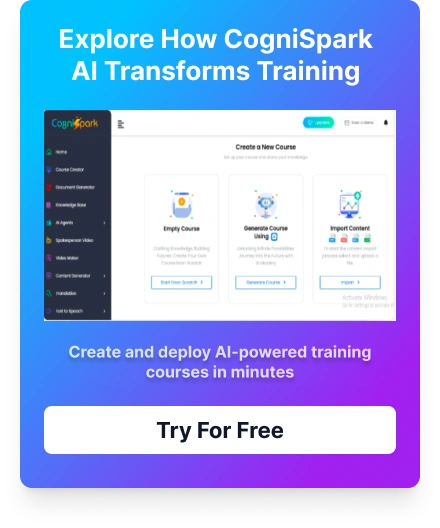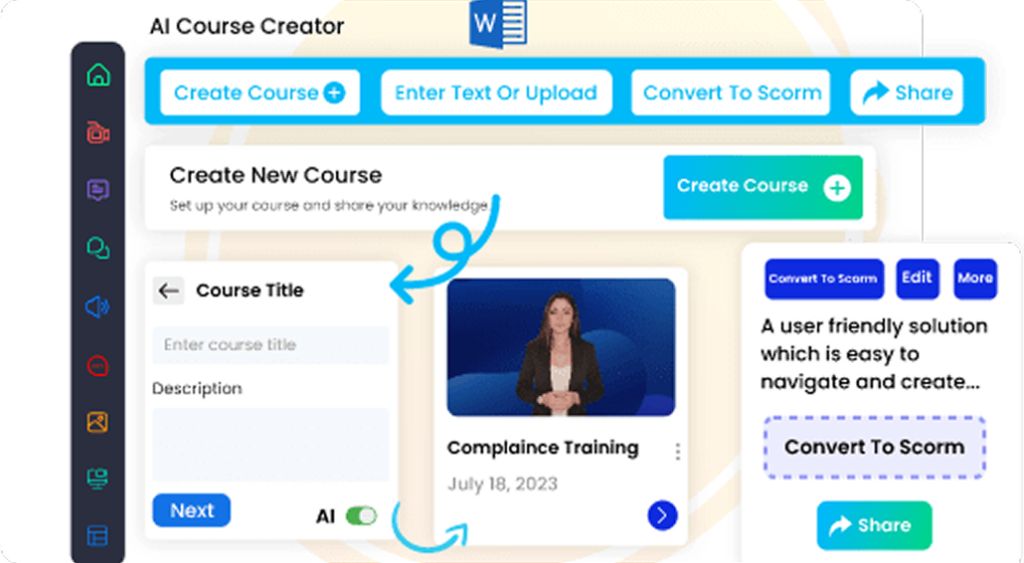Introduction to Sales Pipeline Management
Sales pipeline management is a crucial process for any organization aiming to increase revenue and streamline its sales activities. It involves tracking potential customers through various stages until they become loyal clients. Proper management ensures that no opportunity is overlooked and that sales teams work efficiently.
In this comprehensive guide, we will cover everything you need to know about sales pipeline management, from defining your sales pipeline to providing essential sales process training for your team. We will also discuss how to leverage technology and best practices to improve your pipeline management strategies.
What is Sales Pipeline Management?
Sales pipeline management refers to the process of visualizing, tracking, and managing leads through different stages of the sales process. These stages often include lead generation, qualification, negotiation, and closure. By efficiently managing these stages, companies can increase their chances of converting leads into paying customers.
Effective sales pipeline management training helps sales teams understand the nuances of each stage, prioritize their efforts, and develop a strategy for optimizing their workflows. It also allows teams to forecast sales more accurately and identify potential bottlenecks early.
Why is Sales Pipeline Management Important?
A well-structured sales pipeline gives sales professionals a clear view of their prospects, making it easier to manage tasks, set priorities, and close deals efficiently. Moreover, it provides valuable insights that can guide sales strategies, helping businesses forecast their revenues with greater accuracy.
Here are a few reasons why effective sales pipeline management is essential for any business:
- Increased Efficiency: A well-managed pipeline ensures that sales reps spend time on high-priority prospects, reducing wasted effort.
- Improved Forecasting: Understanding the stages and flow of the sales process allows companies to predict revenue more accurately.
- Better Communication: With clear visibility into the pipeline, communication across sales teams and departments improves.
Stages of a Sales Pipeline
Understanding the stages of a sales pipeline is crucial to effective pipeline management. Each stage represents a different point in the sales cycle, and knowing where prospects are in this cycle allows teams to optimize their efforts.
Here’s an overview of the common stages of a sales pipeline:
1. Prospecting
In the prospecting stage, potential leads are identified. This involves reaching out to cold leads, networking, and using inbound marketing techniques to attract new prospects.
2. Qualification
Once a lead shows interest, they are qualified to determine if they meet the criteria for becoming a potential customer. Qualification criteria may include factors like budget, timeline, and fit with the product or service.
3. Proposal/Negotiation
At this stage, a proposal or a deal outline is presented to the prospect, and negotiations regarding pricing, terms, and scope of services begin.
4. Closing
The final stage is where the deal is closed, and the prospect becomes a customer. Effective pipeline management ensures that all necessary paperwork and processes are completed efficiently to close the deal.
Learning Built Around Your Goals.
Discover how our courses can align with your training goals and drive real results.
Sales Process Training: Building an Effective Sales Pipeline
To maximize the effectiveness of sales pipeline management, it is essential to provide comprehensive sales process training for your team. This training ensures that all team members understand the pipeline stages, how to prioritize prospects, and how to handle objections during each phase of the sales process.
Here are some key elements to include in your sales process training:
- Lead Qualification: Teach your sales team how to quickly identify high-value prospects using qualification criteria.
- Effective Communication: Training should focus on how to engage with prospects at each stage of the pipeline to nurture relationships.
- Negotiation Skills: Equip your team with the tools and techniques they need to close deals successfully.
- CRM Tools: Familiarize your sales team with CRM tools to track their interactions with prospects and maintain organized records.
Best Practices for Effective Sales Pipeline Management
Managing a sales pipeline effectively requires more than just tracking leads; it involves developing processes and using technology to automate and optimize the pipeline. Here are some best practices:
1. Implement CRM Software
Customer Relationship Management (CRM) software allows sales teams to track prospects, manage communication, and keep notes about each lead. Implementing CRM software is essential for keeping your pipeline organized.
2. Regular Pipeline Reviews
Regularly reviewing your sales pipeline with your team helps to identify potential issues, such as stalled deals, and allows for real-time adjustments to sales strategies.
3. Prioritize High-Value Leads
Not all leads are created equal. Use the qualification stage to prioritize high-value prospects and ensure that sales reps focus their efforts on the most promising opportunities.
4. Automate Repetitive Tasks
Use automation tools to streamline tasks like follow-up emails, appointment scheduling, and reminders to ensure that your sales reps have more time to focus on closing deals.
How CogniSpark AI Enhances Sales Pipeline Management Training
Effective sales pipeline management is critical for forecasting revenue, tracking performance, and closing deals faster. But managing the pipeline efficiently requires more than tools—it demands skilled sales professionals who understand how to qualify leads, prioritize prospects, and move deals forward strategically. CogniSpark AI makes this training seamless and impactful.
With its smart AI Tutor, CogniSpark AI enables sales teams to engage in realistic pipeline management scenarios, helping them master lead qualification, deal progression, and follow-up strategies. The system provides real-time feedback on decision-making, timing, and communication—critical skills for keeping a healthy pipeline moving.
Using the authoring tool, organizations can quickly build custom training content that mirrors their specific sales processes, CRM workflows, and buyer personas. This ensures that pipeline training is not generic but tailored, helping teams align with business objectives and customer expectations.
CogniSpark AI’s LMS compatibility ensures smooth deployment across sales teams, enabling performance tracking and ongoing improvement through data-driven insights. Sales managers can monitor progress, identify bottlenecks, and continuously refine training programs to optimize pipeline conversion rates.
By blending AI-powered learning with personalized content and hands-on practice, CogniSpark AI transforms pipeline training from static theory into dynamic, actionable learning, giving sales teams the confidence and skills to manage and close deals more efficiently.
Conclusion
Effective sales pipeline management is crucial for driving revenue and ensuring that your sales process is as efficient as possible. By understanding the stages of your sales pipeline, providing comprehensive sales pipeline management training to your team, and implementing best practices, you can significantly improve your sales performance.
With the right tools, strategies, and continuous improvement, your sales pipeline can become one of your greatest assets. So, make sure your team is well-trained and ready to move leads through the pipeline with precision and efficiency.
Access 100+ fully editable, SCORM-compatible courses featuring an integrated AI Tutor and an in-built authoring tool. Seamlessly compatible with any LMS, these courses are designed to elevate your training programs.
Explore Our eLearning Course Catalog






















